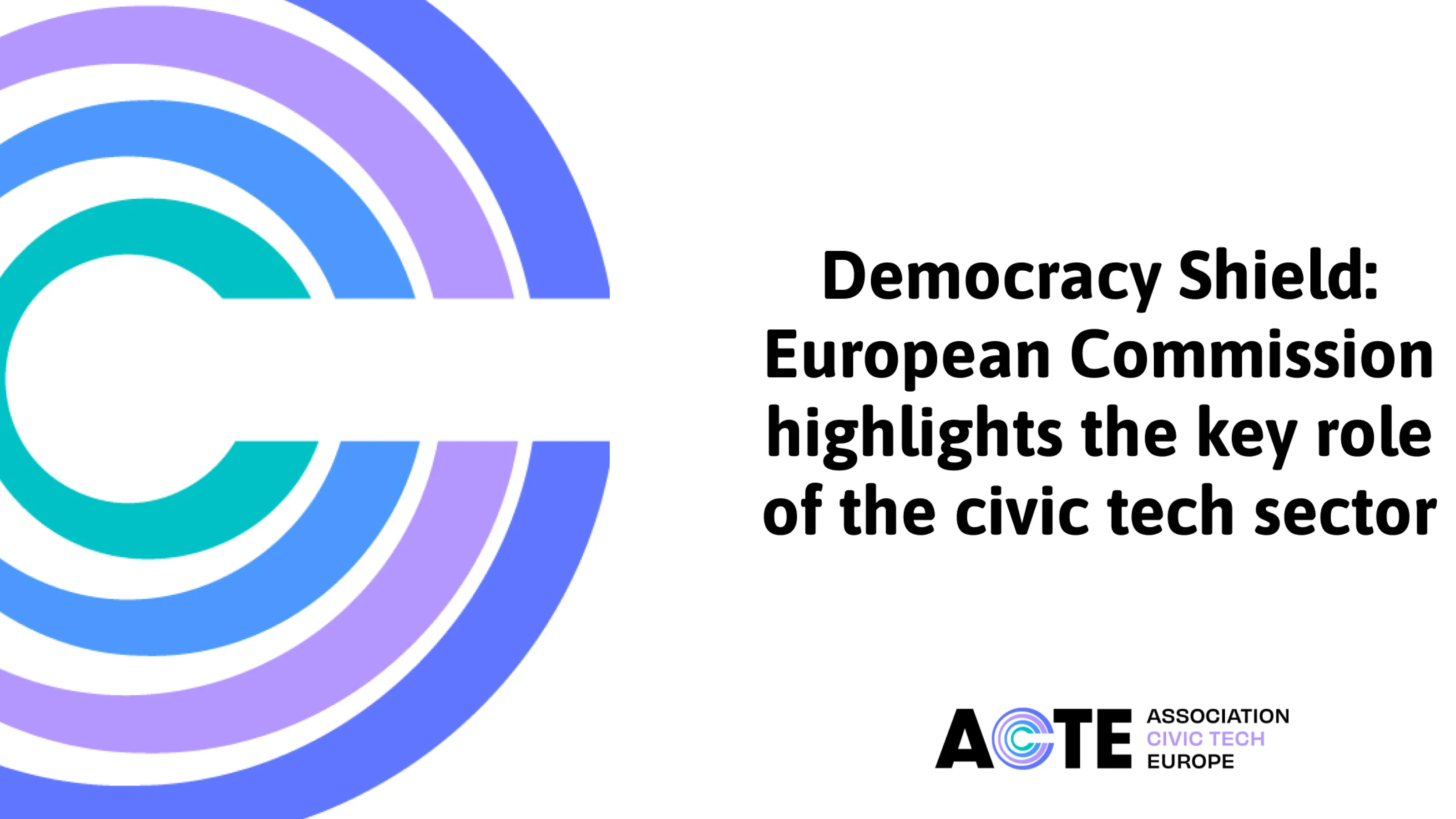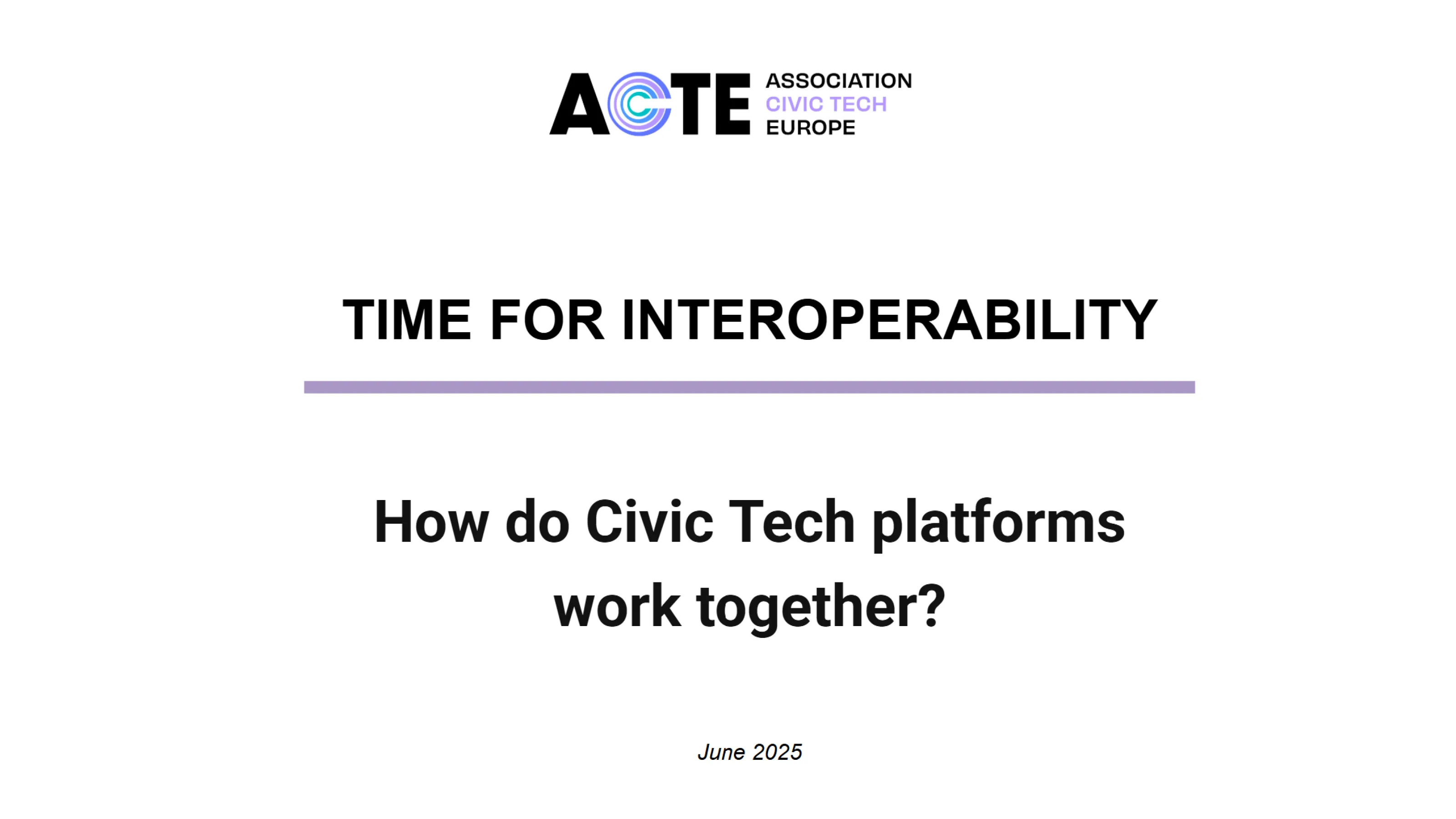Context
On March 10th, 2021, representatives of the three institutions of the European Union (EU) launched the Conference for the Future of Europe (CoFoE). Through conferences, debates, and European citizens’ contributions to online discussions, the initiative was meant to bring out citizens’ hopes and wishes into the open. The CoFoE gathered 5 millions visitors on its platforms, over 700 000 participants at different events, and approximately 800 participants at physical panels.It concluded its work on 9 May 2022 during the French Presidency of the Council of the EU.
The final plenary session delivered its conclusions, addressing key issues ranging from the environment to the rule of law, health and many more. Some key issues could be answered with reference to existing policies and by making full use of the existing institutional framework at European and national levels. Others require new policies and, in some cases, Treaty changes. As the president of the European Commission, Ursula von der Leyen, has underlined: “citizens have proven that this form of democracy works. And I believe, we should give it more room, it should become part of the way we make policy. This is why I will propose that, in the future, we give Citizens' Panels the time and resources to make recommendations before we present key legislative proposals. Because I am convinced that democracy does not end with elections, conferences or conventions. It needs to be worked on, nurtured and improved every day. We saw it in the grassroots events held right across Europe”.
On 17 June 2022, the European Commission presented its Communication on the Conference, considering that the vast majority of propositions are already the subject of policies in force, under negotiation or under development. A number of proposals, considered as new policy initiatives, could be announced from the State of the Union speech in September, before being put in the 2023 Commission working programme. The Communication calls for maximum use to be made of the current treaty framework to implement the reforms suggested, but does not close the door to a treaty revision process.
In providing this analysis, ACTE wishes to share with the European institutions, as well as the broader civil society, the lessons learned from the CoFoE and what remaining progress needs to be made to ensure that European participatory democracy keeps mobilising citizens on a continuous basis.
Growing awareness of European institutions
Seeking the inputs of citizens to shape the European project
As an established and committed actor of citizen participation and engagement, ACTE welcomes this initiative and the progress made by the European institutions in this area. This is why we would like to sincerely congratulate the CoFoE’s initiators, organisers, partners and service providers for this giant step forward. Several key success factors that we have been promoting for years have been integrated into this project, namely a broad political governance, a mix between online and offline tools, publicity and transparency in the process and the measurement of the real impact on the decisions. On this last point, it is still early to give an opinion, but we can already positively highlight the quality of the feedback, the involvement of the European Commission and some heads of government during this feedback and the clarity given on the next steps agenda.
Addressing historic debates on the functioning of the EU
Environment, defense, European elections, treaty change... citizens who participated in the CoFoE went to the core of the most relevant issues, and it demonstrates - if it was ever needed -, that citizens are quite willing to position themselves at the level of high stakes and to develop an individual and collective global vision of those subjects. The belief in collective intelligence is based on the belief in the individual wisdom of citizens!
Secondly, it situates the CoFoE as an overall process, initiated by citizen consultations and complemented by other initiatives, which must lead to political decisions by citizens’ representatives. The conference is a tool for influencing and improving, not delegating, decision-making.. Now that participants have put forward their proposals and institutions have acknowledged the quality of this work, it’s time to act!
Remaining challenges to create a real European participatory democracy
Institutionalising and multiplying the citizens’ involvement
The CoFoE is a major initiative, entirely devoted to the "European project" as a whole, that should feed into the EU's roadmap for the coming years. The EU would benefit from transforming the trial by integrating citizen participation into the daily life of the institutions and the legislative process. Participants themselves have underlined the importance of moving towards more transparency, inclusion and democracy in the EU, particularly by proposing to improve the functioning of the European Citizens' Initiative. It seems to us that the CoFoE could inspire the process of triggering major European regulations and reforms to come.
Opening participation up to all
ACTE would first like to underline that with 700 000 participants overall, achieved through a smart combination of tools, solutions and initiatives, the conference enjoyed a solid level of participation. In light of the current challenges of representative democracy, we welcome this figure and the general participation turnout. However, it is possible to achieve better, even much better, participation rates. Multiplying this number by 10 in the near future seems to ACTE to be within reasonable reach. This would require, however, to rely even more on digital tools capable of massifying participation, and to build on the expertise of Civictech actors who have the expertise to reach this goal. The next Conference should seek to engage 7 million participants with massive representative reach in each Member State.
Improve the cross-sectoral approach of the participation
The CoFoE established new and innovative methods to involve citizens in setting the EU’s political priorities. This innovation could have more impact if it made more room for cooperation with civil society and private partners, including the Civictech sector.
Such a collaboration could enable decentralised European consultations at the national, regional and municipal levels. This would make it possible to respond more effectively to the challenge of public diversity and massification, by ensuring that every part of the EU and every European citizen can contribute, not only in theory - but also in practice!
The second approach could be to further develop the logic of citizen participation towards citizen mobilisation and engagement. Younger generations remind us of their concern for concrete and tangible action, sometimes even opposing it to public debate and politics. The 700 000 participants in the CoFoE are not only a great start, they are the beginning of a transnational European citizens' community that is committed to Europe and wants to take the EU forward. They have already shown that they are ready to dedicate time and ideas. More work needs to be done to tie up citizen co-decision with citizen co-action on the ground. In this respect, the CoFoE is a giant step, but it remains a first move.
We, the signatories of the Association Civic Tech Europe, are ready to support European institutions on the path ahead.




